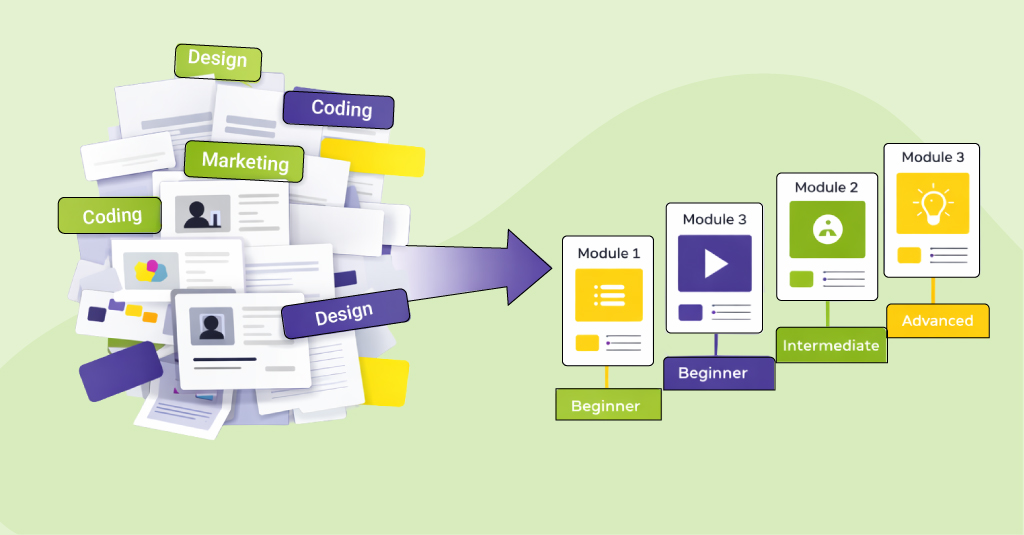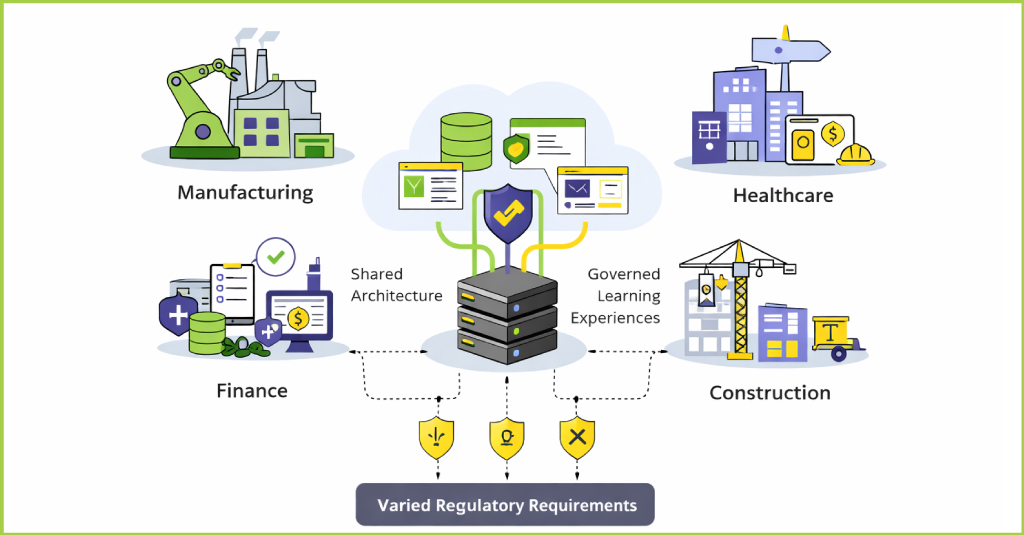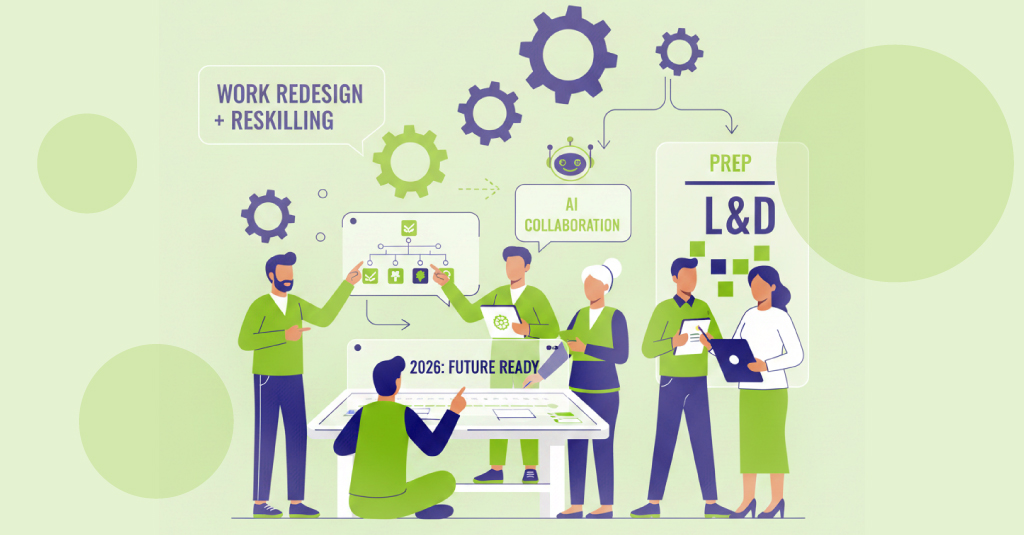In our earlier discussion on skill development, we emphasized the importance of a cohesive approach to skilling that aligns training, coaching, and ongoing support with real-world application. The focus was on building a culture of continuous learning, which is vital for sustained performance. This perspective naturally extends to skilling new managers, where the challenge is not just about providing initial training but ensuring ongoing development and scalable support. By integrating these principles, we can address skill gaps effectively and set new managers up for success, reinforcing the broader strategy of impactful skill development within the organization.
An almost ubiquitous phenomenon is that the top employees are promoted to managers. They usually have demonstrable expertise in the job, as a basis for their choice. However, they’re almost always novices when it comes to management. The scale of this need is staggering when you consider the number of front-line workers being supervised in their jobs. Thus, new manager training is an ongoing need. Thus, there’s a skilling need for new managers.
Challenges
Transitioning to a management role is a pivotal moment in any professional’s career. However, many new managers struggle with skill gaps, time constraints, and the pressures of leading a team effectively, resulting in high turnover rates and poor team performance, costing an organization both time and money.
To address skill gaps, you need to focus. Many new managers lack critical leadership and people management skills, especially if they are first-time managers. Targeted custom training programs can help build these essential capabilities, if those gaps are identified with enough specificity.
Finding time to address learning on top of regular tasks is another challenge. Demanding roles often leave little room for traditional training. Interactive, on-demand eLearning solutions can fit into any such schedule. A blended approach, as was taken with a client software company repurposing a face-to-face approach, yielded improved morale of leaders and their employees.
A focus also needs to be on consistency and quality in applying learning science. Inconsistent training leads to varied management qualities. Custom training programs ensure every manager receives the same high-quality training without any variances. A systematic approach is necessary.
Constraints
However, these skills haven’t necessarily been well addressed, particularly in comparison to leadership. Much has been written about, and investments made in leadership. Leadership development is big business. Yet, it’s also problematic, with a focus on generalities and mistaken bases, as Stanford business professor Jeffrey Pfeffer made note of in his book, Leadership BS. So, first, a barrier is in finding good definitions of necessary management skills.
Second, leadership development tends to be done in person, even individually. This doesn’t scale. Finding a way to develop these managers in large quantities suggests a less-than-individual approach. eLearning is a plausible mechanism, but then a crisp definition of the necessary skills is needed, as well as an appropriate use of pedagogy. Finally, a mechanism to support continual development is also desirable.
The good news is that, despite the advances in technology, most management skills aren’t substantially changing. A slow recognition that management is now as much about development – coaching – as well as handling administrative details, isn’t a major shift. Even preparing individuals better for the coming experience can ensure that all start on a level basis, as was found with a client global clothing company.
New Tools
We do have new tools to assist us here. We have had tools that allow us to deliver eLearning, but now we have more. Reactivation, coaching, and more are all able to be facilitated at scale. Thus, the focus shifts to designing the experience first and then delivering the elements.
Platforms are here or on the horizon which allow us to extend the learning experience. We can reactivate relevant knowledge over time, as learning science tells us we should. We can spark reflection, provide practice, and check on progress.
We can also support coaching and mentoring. Learners can be connected to internal or external resources to support development. Having people in the loop is more flexible than canned responses.
More tools are on the horizon. While generative artificial intelligence is still being explored, it’s plausible that some of the interactions will be system-generated, not just canned or with people. However, such solutions will likely need the available mechanisms to provide constraints to keep the conversations focused.
Success: Scalable Process
Ultimately, what works for management training is scalable and extended development across a set of skills. Those skills need to be developed to a level where they can be identified, targeted, and assessed. Some will likely be generic, but others will be specific to the organization and its people.
Recognizing that development is a process, not an event, is a critical element. Developing new skills takes time. Acknowledging and accommodating the need for ongoing support and improvement is an important step to success.
The sudden pivot to eLearning has brought the importance of constant skill building into the limelight in all organizational levels. New managers during this time of business change require skilling and must be better prepared to manage the firm to produce results and sustain talent. Download our eBook, Skilling for Performance: A Strategic Imperative for Organizations, to learn how to design winning skilling programs that can help solve the needs of your organization.



















